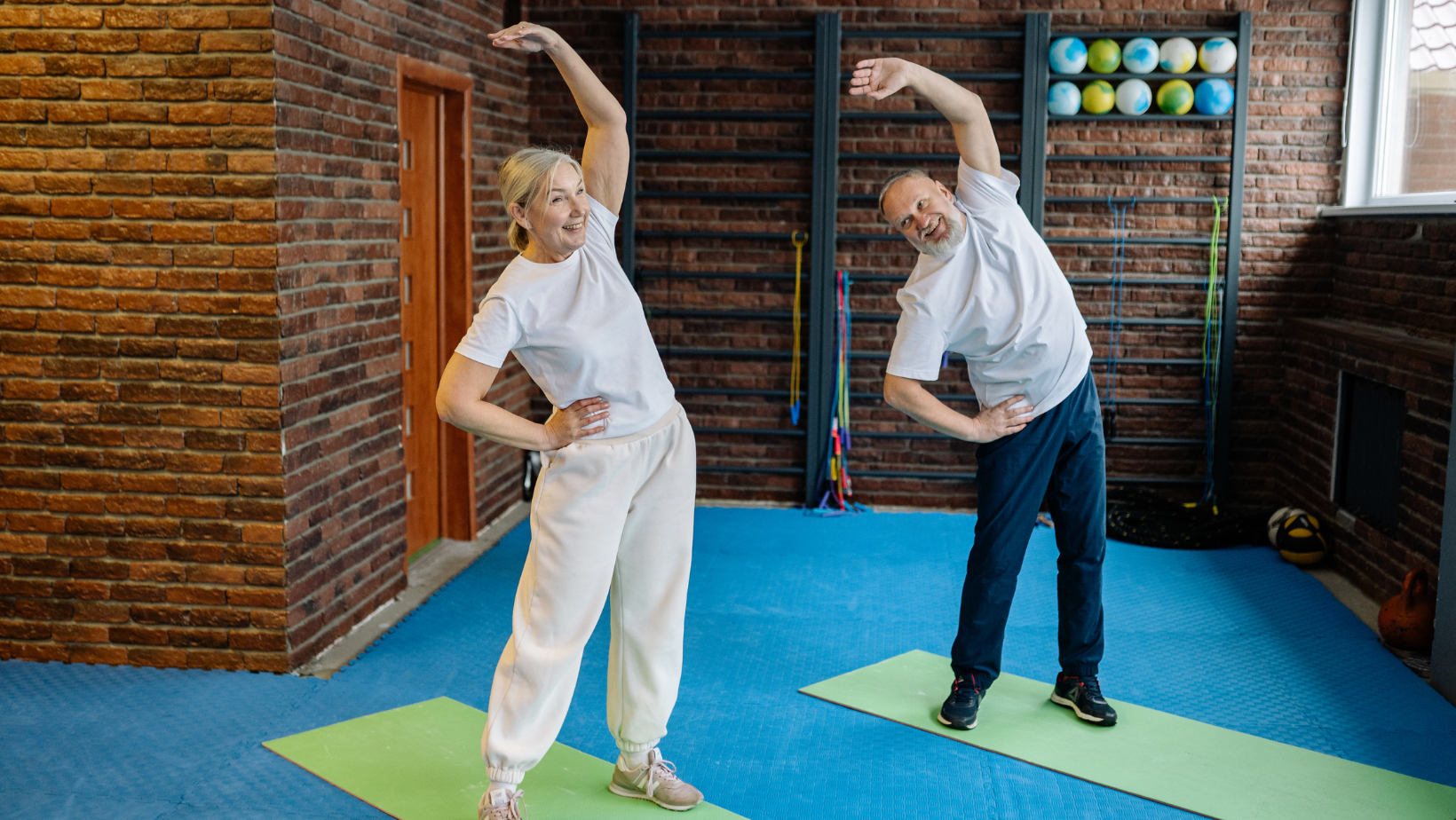Medical aid advice for Elderly (Parents and Grandparents)
Medical aid advice that will help in the long-run
Medical Aid Advice
Many South African seniors find medical aid to be unaffordable. For Medical aid advise- the elderly often need financial and medical support from younger family member as they reach their twilight years. In a country where most senior citizens cannot afford to retire comfortably and pensions are barely enough for everyday living expenses, medical aid is often not an option. However, there are several options to consider when looking for medical cover.
- Medical aid Advice: Your senior years are also the years where medical expenses increase as age-related conditions and chronic diseases set in. If a public health facility, like a government hospital or clinic, are not a viable option then medical aid is necessary. Most South Africans cannot self-fund their medical care in the private health sector without adequate medical aid cover.
2.
Medical aid Advice: The question is whether an
elderly person joins their own medical aid or that of their children. Younger, financially secure members of the family like adult children and grandchildren may need to step in to help. Adding a parent or grandparent on their medical aid may be the lifeline that they need to maintain their dignity in the senior years. Alternatively younger family members can help to fund a medical aid for pensioners, who are often living on a tight budget.
Let Insure It Wize Give you some Medical Aid advice
According to a recent study, 41% of Elderly people do not have health insurance. This means that if they were to get sick or injured, they would have to pay for all of their medical bills out of pocket. At Insure It Wize, we care about our clients and want them to be able to get the medical care they need without having to worry about how they will pay for it.
Contact us today and we will help you find the best health insurance plan for your needs.
Medical aids in South Africa do not have an age limit or age-based restriction. This means that elderly South Africans can join a medical scheme later in life and still get cover. However, when it comes to medical aid for the elderly it is important to understand that there may be higher costs involved. Furthermore certain waiting periods may also be applicable but these time-based restrictions are not due to age specifically.
Medical aid Advice for Over 60s and Older
Medical schemes will not refuse membership for the elderly, provided that seniors can afford the cover. Being 60 years or older means that your cover will still continue unlike other financial products. It also means that you can start up on medical aid even if you have never had cover earlier in life. However, there is a penalty for starting medical aid cover when you are older.


This penalty fee is known as the late joiner penalty. It is a percentage that is added to the monthly medical aid premium. The fee may vary from 5% to 75%. Medical aid Advice is the higher penalties can render medical aid very expensive, especially for the elderly who may not be physically able to work and do have sufficient financial resources. Even a low cost medical aid plan can become expensive once higher level late joiner penalties are added to the monthly contribution.
An older member will pay the same rate as other adult members. In most instances this is slightly less than the rate for the main member. However, if any older member is joining a medical aid for the first time without prior medical aid cover, a late joiner fee may be added to the contribution. This fee is only applicable to a person over the age of 35 years who does not have existing medical aid cover. It is calculated by the number of years after the age of 35 for which a person was not covered.
This fee is applicable even if your parent or grandparent had cover much earlier in life but are no longer a
medical aid
member. Therefore it is a better option to take a parent or grandparent onto your medical aid while they still have cover with another scheme and before they end their existing membership.
At times it may be a better option to sign a parent or grandparent up on for separate cover. For Medical aid Advice a hospital plans are often the more affordable option and usually includes a chronic benefit for medicines. It, however, does not cover the day-to-day medical expenses and a person has to pay cash for incurring these costs.
Most medical aids, especially closed company medical aid schemes, will cover a retired person and the spouse during retirement. This depends on the retirement package and co-payment by the company is not compulsory. However once the retired employee passes away, his or her spouse may no longer enjoy the benefits of a medical aid subsidised by the employer. It is usually at this stage that the elderly need medical aid cover and adult children or grandchildren may need to step in to help.
Before making the decision to include a parent or grandparent on your medical aid or placing them on a separate plan, it is best to discuss the options with a licensed medical aid broker or the medical aid call centre. While one may want to offer elderly family members essential cover like medical aid, it is important to consider the needs of the other members and the long term impact of the new addition to your medical aid.

Contact
9 St. Columb Street, New Redruth,
Alberton, Johannesburg, 1448
Business Hours
Monday –Thursday: 08:00-16:30
Friday: 07:30-16:00
Saturday & Sunday: Closed
All Rights Reserved | Insure It Wize Powered By Care Line Group | Privacy Policy | POPI Consent and Notice



